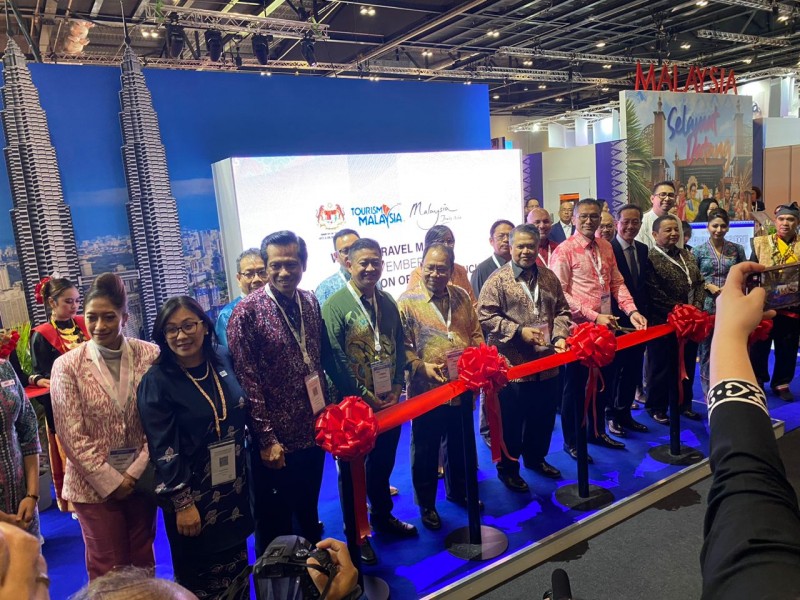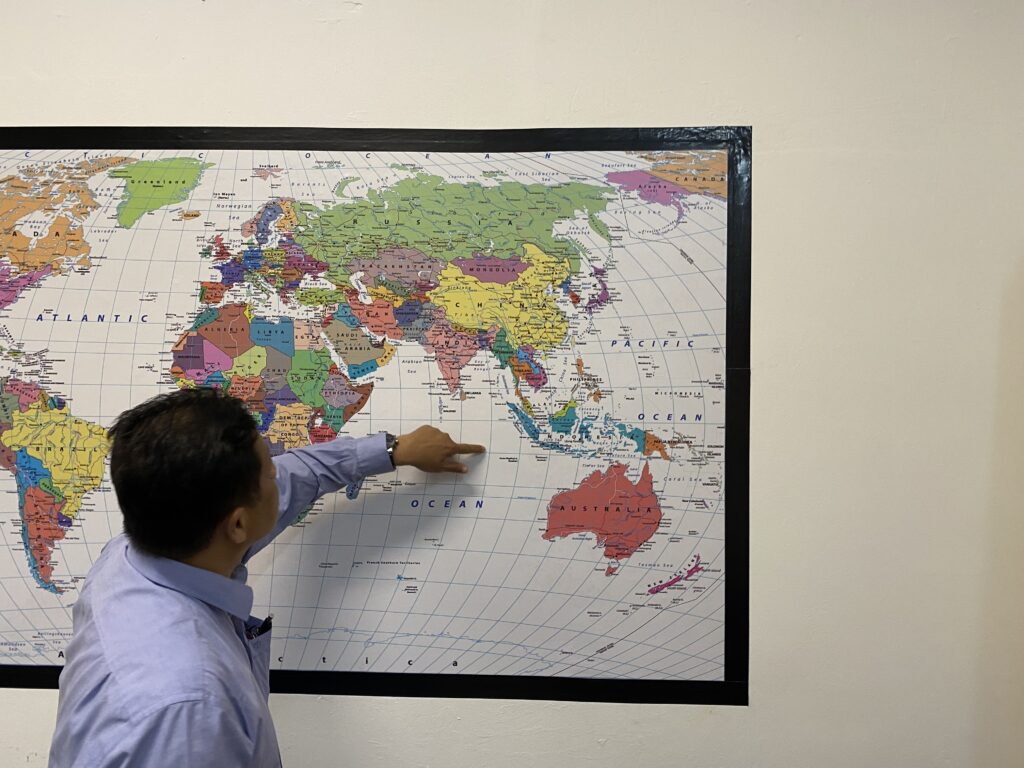Importance of participating in trade shows like the World Travel Market (WTM) or Internationale Tourismus-Börse (ITB).

In the ever-evolving landscape of the travel and tourism industry, staying ahead of the curve is not just an advantage—it’s a necessity. As someone deeply involved in the operations of a Destination Management Company (DMC), I can’t stress enough the importance of participating in trade shows like the World Travel Market (WTM) or Internationale Tourismus-Börse (ITB).
These events are more than just a gathering of industry professionals; they are a catalyst for growth, innovation, and long-lasting partnerships.
Networking: The Heartbeat of Business Growth
One of the most compelling reasons for attending trade shows is the unparalleled networking opportunities they offer. Imagine a place where you can meet hundreds of potential clients, partners, and suppliers—all under one roof. These events provide a fertile ground for establishing new relationships and strengthening existing ones. As Forbes aptly puts it, “People do business with those they know, like, and trust,” and what better way to build that trust than through face-to-face interactions?
Knowledge is Power
Trade shows are a treasure trove of information. From keynote speeches to panel discussions, these events offer insights into the latest trends, technologies, and best practices in the industry. For a DMC, staying updated is crucial for maintaining a competitive edge. As highlighted by Travel Daily News, trade shows are essential for “keeping up-to-date with the latest developments in the travel and tourism industry.”
Brand Visibility and Credibility
Having a presence at a renowned trade show can significantly boost your brand’s visibility. It’s an opportunity to showcase your services, USPs, and innovations to a global audience. According to Evo Exhibits, one of the top benefits of attending trade shows is “increased brand awareness.” Moreover, participating in such high-profile events adds a layer of credibility to your brand, making it more appealing to potential clients and partners.
Sales and Lead Generation
Let’s talk numbers. Trade shows are a hotbed for sales activities and lead generation. With a well-designed booth and a compelling pitch, you can attract a plethora of potential clients. As We Can Mag points out, one of the pros of trade shows is the “ability to make on-the-spot sales and build a database of potential leads.”
Learning from the Competition
Last but not least, trade shows offer a unique opportunity to size up your competition. By observing their offerings, marketing tactics, and customer interactions, you can gain valuable insights into what makes them successful. This information is invaluable for refining your own strategies and offerings.
The Investment Perspective
Of course, participating in trade shows comes with its own set of challenges and costs. However, the ROI, both tangible and intangible, often outweighs the investment. As someone who has been a part of numerous trade shows, I can vouch for their long-term benefits that far exceed the initial outlay.
The Human Element
In today’s digital age, the human element often gets overshadowed by technology. Trade shows serve as a reminder that at the end of the day, our industry is about creating unforgettable experiences for people, by people. The face-to-face interactions, the handshakes, the eye contact—these are the subtle yet powerful aspects of business that a trade show environment fosters.
Final Thoughts
In conclusion, trade shows like WTM and ITB are not just events; they are experiences that offer a 360-degree view of the industry. They are a microcosm of opportunities, learning, and growth. For DMCs aiming to make a mark in the competitive landscape of travel and tourism, missing out on these events is not an option; it’s a lost opportunity.
So, the next time you ponder whether to invest in a trade show, remember this: the benefits are not just immediate; they are long-lasting, shaping the future of your business in ways more profound than you can imagine.
And that, my friends, is why I’ll see you at the next trade show.




